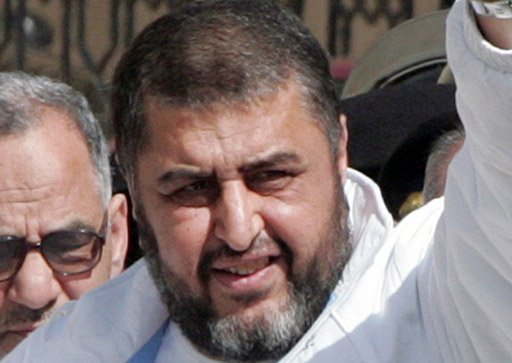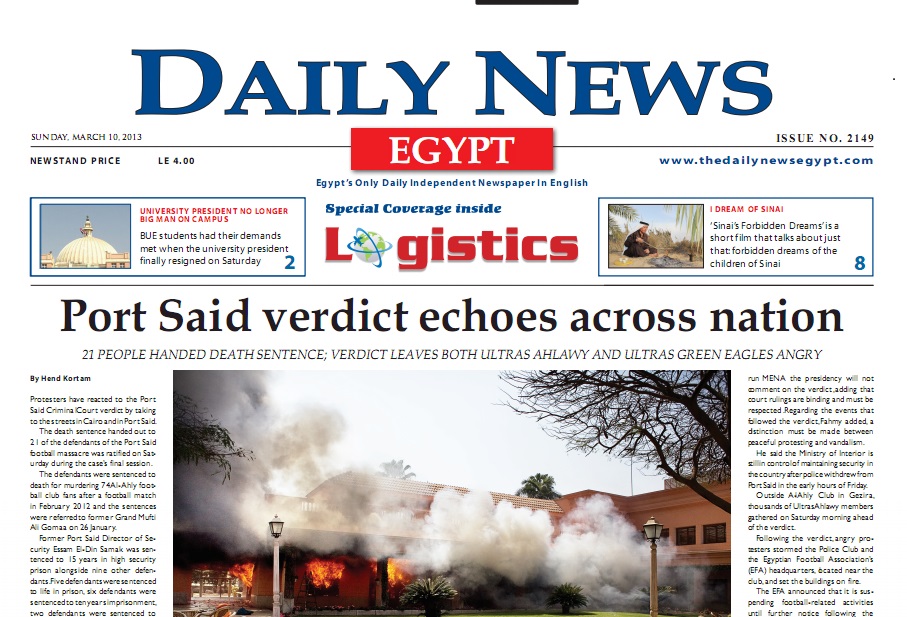JERUSALEM: The exploration of possibilities for the resumption of Israeli-Palestinian negotiations has highlighted a familiar paradox: the uneasy relationship between respective leaders and their publics in the delicate context of peace talks. Today, the limited legitimacy accorded Ehud Olmert and Mahmoud Abbas compounds the conundrum. Weak leaders do not have the popular support necessary to engage in a diplomatic process; without progress towards a workable solution to the conflict, their position may be further undermined. The ability to capitalize on the opportunity now available to bring an end to decades of Palestinian-Israeli hostilities – and, by extension, to the Arab-Israel dispute in its entirety – depends to a large degree on the ability to undo this Gordian knot.
The starting point today is quite different than at the outset of the Oslo process some fifteen years ago. If in 1993 both Yitzhak Rabin and Yasser Arafat enjoyed widespread political support but had to contend with constituencies unprepared for the kind of concessions needed to reach a viable agreement, in 2007 the opposite is true. Solidmajorities in both societies understand what is involved in a permanent settlement and are eager to enter negotiations. They do not, however, trust their current leaders to conduct the process effectively. The issue, then, is how to move negotiations forward within these shaky political parameters.
The instinctive reaction of observers and participants, both at home and abroad – working on the assumption that no real progress can be made without strong leaders – has been of two sorts: Some have adopted a wait-and-see attitude, as they are content to bide their time in the hope that domestic political crises will work themselves outand permit the consolidation of the existing leadership or the emergence of strong alternatives. This approach not only runs the risk of missing the present diplomatic opportunity, it also, albeit tacitly, further weakens those in office without guaranteeing more robust replacements.
Other participants and pundits have proven to be more decidedly proactive. They have tried to buttress both Abbas and Olmert in order to increase their attractiveness as negotiating partners. This strategy, however, especially when spearheaded by the United States or by other members of the Quartet, may backfire. It diminishes the credibility of each of these leaders in the eyes of the publics on the other side, and it does little to secure their domestic political base.
The almost obsessive preoccupation with the political stature of key Israeli and Palestinian players is misplaced. Instead of concentrating on how to deal with existing personae and getting overly involved in analyzing their political fortunes, it would be prudent to shift attention to finding ways to ensure ongoing communication betweennegotiators and their publics regardless of who is in office.
The justification for concentrating on this nexus is almost self-evident: it is precisely the lack of constructive interaction between leaders and their diverse societies that has, at various stages of Israeli-Palestinian peacemaking efforts, stymied the launching of talks, severely impeded their progress, and, ultimately, prevented their implementation. Establishing avenues for regular contact between decision-makers and their constituencies would, therefore, contribute substantially not only to the likelihood of renewing full-scale negotiations, but also to the fortification of leaders who could enable their successful completion.
Two interlocking principles lie at the root of any attempt to develop an effective leader-public dynamic. The first is that of inclusion. Palestinian-Israeli talks in the past have been the exclusive preserve of officials and their anointed emissaries (multiple backtrackinitiatives notwithstanding). The public at large has been treated as a recipient rather than a partner. Any new negotiations must expand the range of unofficial as well as official actors and incorporate them more integrally into the process.
The second, related, principle is one of transparency. While secret talks, the traditional bedrock of formal diplomacy, have notable advantages, in the contemporary world their clandestine nature has often sown confusion and fomented dissent. Without totally abandoning this tool, it is crucial to ensure the authoritative flow of information in order not only to update the public, but also to allay fears and nurture substantive debate.
The adoption of these process-related guidelines opens up two main possibilities for linking leaders and their publics within the negotiating context. The first option is formal – holding a plebiscite (either via referendum or elections) on any agreement. Thisapproach has the advantage of attenuating pressure during the course of negotiations. It also compels greater disclosure. Its drawbacks, however, may be even greater. The promise of a referendum or decisive elections holds discussions hostage to domestic political currents. By giving opponents the leeway to consolidate their ranks and challenge incumbents at every stage, it may adversely affect positions at thetable. Indeed, plebiscites run the risk of appearing to be participatory when in fact they are not.
The second alternative is to construct a consultative mechanism between officeholders (whoever they might be) and key social groups which will accompany all phases of the negotiating process. Such an arrangement must provide for some unofficial representation at the table as well as for the establishment of a consultative forum whichwill give voice to a broad range of political and civil society perspectives. This construct must be developed initially unilaterally within Israel and Palestine, and then may be elaborated bilaterally between the two communities and perhaps even multilaterally.
The advantages of an ongoing channel of interaction, as the South African and Northern Ireland experiences have demonstrated, are readily apparent. Procedurally, it provides a framework for the transmission of information, for orderly discussion, and for theconsolidation of agreement on even the most sensitive topics. Politically, it allays suspicion and consequently may mitigate opposition. Most importantly, it can contribute to the success of negotiations by injecting news ideas and viewpoints, by offering ameeting point when discussions are stalled, and, especially, by nurturing a climate for difficult concessions. Indeed, a solid communication mechanism of this sort lays firmer foundations for peaceful interchange in the future.
There are obvious organizational and logistical problems in the design of such a framework. It will not be easy to agree on the composition of the consultative forum or on how its delegates will be selected. It will also be difficult to establish efficient working procedures. These challenges are surmountable, especially in light of the robust civil society networks within Israel and Palestine and the strong and diverse contacts they have maintained with each other over the years.
The main objection to this idea will rest, in all probability, on the claim that adding a consultative component to an already extraordinarily complicated process might prolong it unnecessarily and perhaps even lead to its collapse. This argument, however, overlooksthe fact that traditional talks have failed to date and that one of the main reasons for this outcome lies in the faulty connection between decision-makers and their constituencies.
A consultative strategy may, therefore, offer an intriguing way of dealing with the leadership-public paradox that has plagued Israeli-Palestinian talks in the past and threatens to derail their resumption today. By moving attention from enabling leaders to buttressing the linkage mechanisms that empower them, it may be possible to surmount one of the key obstacles to negotiations and set in motion a process that can lead, this time, to the long overdue resolution of the conflict between Israel and its Palestinianneighbors.
Naomi Chazanis professor o
f Political Science at the Hebrew University of Jerusalem and head of the School of Society and Politics at The Academic College of Tel Aviv-Yaffo. She is also a former deputy speaker of the Knesset. This article is distributed by the Common Ground News Service (CGNews) and can be accessed at www.commongroundnews.org.

